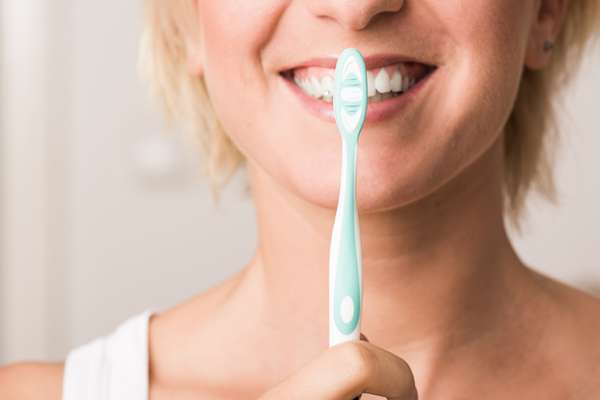Caring for Common Treatments from a Cosmetic Dentist
 Through the work of a cosmetic dentist, individuals have the opportunity to transform a smile, repair broken or cracked teeth, and restore oral health. Whether it is a treatment to whiten the teeth or the attachment of a dental crown, cosmetic dentistry provides long-term solutions for patients who deal with poor function, discomfort, and low confidence because of their teeth. After the cosmetic work is completed, it is important to take care of the results.
Through the work of a cosmetic dentist, individuals have the opportunity to transform a smile, repair broken or cracked teeth, and restore oral health. Whether it is a treatment to whiten the teeth or the attachment of a dental crown, cosmetic dentistry provides long-term solutions for patients who deal with poor function, discomfort, and low confidence because of their teeth. After the cosmetic work is completed, it is important to take care of the results.
Options for treatment
There are a number of treatments a cosmetic dentist can provide, ranging from replacing missing teeth to restoring damaged teeth. Poor oral hygiene is often a leading factor in damaged or decayed teeth, with the extent of the condition deciding what options are available for repair or replacement.
4 recommendations for caring for treatments
During an appointment where cosmetic work is completed, the dentist typically provides specific instructions for post-procedure care. These could include refraining from brushing near an incision site or treated area, avoiding smoking or using a straw for a few days following the procedure, and carefully choosing foods and beverages until healing has occurred. Here are another four ways to provide long-term care for the end result of the treatment.
1. Rinse the mouth immediately after eating or drinking
Beverages like coffee, tea, or wine or dark-colored foods can stain the teeth. It may not always be possible to brush right after eating or drinking, but rinsing the mouth thoroughly can still be helpful in removing pigment off the teeth. Carrying a travel-sized bottle of mouthwash in the car or in a purse or keeping a bottle in a desk drawer helps remove both stain and bacteria from the mouth. Plain water can also be used.
2. Chew hard foods carefully with crowns, veneers, or bonded teeth
Though cosmetic treatments are durable, too much force upon crowns, bonded teeth, or veneers can cause damage. Take cation when chewing foods like ice cubes or almonds and attempt to disperse the pressure onto several teeth. Never use teeth as a tool to open a bag or a package, and do not chew on things like pens or pencils with restored teeth.
3. Wear a nightguard
Patients who have a habit of grinding or clenching their teeth may want to consider investing in a nightguard to protect a cosmetic restoration. While there are generic sizes, such as the ones athletes use, a custom-fit nightguard is typically more comfortable and effective against damaging or cracking veneers or crowns.
4. Consider touch-up products
Teeth whitening and other procedures can be maintained through the use of a whitening toothpaste that is nonabrasive. Avoid using products that contain baking soda, as the compounds are highly abrasive and can eat away at bonded teeth or veneers. Maintaining the recommended twice a day brushing and flossing routine can keep treatments looking great for years to come.
Conclusion
Good dental hygiene is recommended when taking care of treatments done by a cosmetic dentist. Pay attention to all instructions given by the provider and keep follow-up appointments to ensure things are going well.
Request an appointment or call Brighton Specialty Dental Group at 805-644-5284 for an appointment in our Ventura office.
Related Posts
For those looking to achieve a whiter, brighter smile, a cosmetic dentist can help people meet their goals with satisfying and long-lasting results. A professional tooth whitening is a relatively simple and straightforward procedure. However, it is important that patients understand the process and necessary follow-up care to enjoy a more favorable outcome.When a dental…
One of the treatment options a cosmetic dentist may employ to improve the appearance of a person's smile is dental bonding. Also known as tooth bonding, dental bonding is a procedure that involves applying a tooth-colored resin to the teeth to achieve the desired result. When a cosmetic dentist performs dental bonding, the dentist applies…
When someone wants to improve the appearance of their smile, a cosmetic dentist may recommend one of a number of treatment options. Cosmetic dentistry consists of procedures that fix minor problems with the teeth, gums, or bite. Some reasons for treatment include crooked, stained, or misshapen teeth; jaw misalignment; or a gummy smile.The type of…
